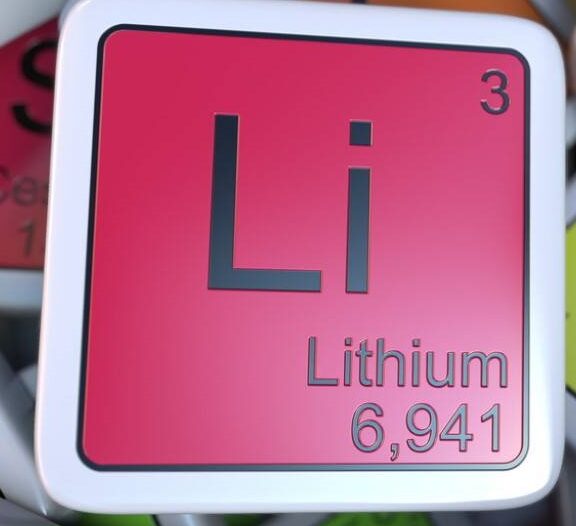‘The excitement unleashed whenever the white bullet makes the net ripple might appear mysterious or crazy, but remember the miracle doesn’t happen very often.
‘The goal, even if it be a little one, is always a goooooooooooooooooooooal in the throat of the commentators, a “do” sung from the chest that would leave Caruso forever mute, and the crowd goes nuts and the stadium forgets that it’s made of concrete and breaks free of the earth and flies through the air.’
Eduardo Galeano
While living in the US, I remember most of my friends disliked football — soccer — because, unlike American football, they found the scoring was always too low.
As they always told me, they couldn’t understand how I could be so passionate about a game that could end up 0-0.
I always answered that that was one of the beauties of the sport. What makes the game so exciting, as Uruguayan writer Galeano writes above, is that goals don’t happen very often. It’s what makes every single one of them more valuable.
I was thinking about how rare goals are as I watched some of the World Cup games this week. And then again, I thought of scarcity as I looked at lithium stocks this week.
Lithium stocks have been falling recently, mainly because lithium carbonate prices have cooled slightly.
Both Allkem [ASX:AKE] and Pilbara Minerals [ASX:PLS], for example, are down around 16% since mid-November. Livent Corp is down 21%, and SQM has dropped 9% in the same time frame.
Lithium stocks may be declining, but the backstory for lithium hasn’t changed.
Mining is only part of the equation
To transition away from fossil fuels, the expectation is that by 2050 the world will need to increase battery production capacity to 30 times what it is today…and that lithium supply will need to increase 20-fold.
While more miners are coming into the space lured by high lithium prices, it takes a long time to get a lithium mine up and running.
Right now, demand is still growing much faster than supply as China continues to break records in electric vehicle sales. But lithium raw can’t be used in an EV just as is. It’s a chemical that needs to be purified before it’s used in the battery.
So not only do we need more lithium production, but also the capacity to process it. Much of that is still happening in China.
But that’s starting to change…
The recently signed US Inflation Reduction Act gives incentives to building a battery supply chain closer to home.
And the IRA was one of the big reasons that prompted LG Chem, one of the largest chemical companies in the world, to invest US$3.2 billion into Tennessee to create the largest cathode manufacturing facility in the US.
But Australia could also become a big player in developing non-Chinese battery supply chains.
For example, this week, Pilbara Minerals said it’s planning to build a demonstration plant in Western Australia to refine the stuff.
Things may be cooling in the lithium space, but we are still seeing a struggle to source lithium.
Cathodes are the positive part of the EV battery cell and one of the three main parts of the battery. The other two are the anode and the electrolyte.
And as Benchmark Mineral Intelligence reported this week, cathode prices have continued to rise this year, and it isn’t just because battery manufacturers are paying more for lithium.
It’s because cathode battery makers are struggling to find lithium for their products:
‘The Benchmark Cathode Price Index, which tracks all cathode chemistries, is up 32.4% year-to-date and rose by 4% in November.
‘The sustained price increases come amid reports that cathode manufacturers are struggling to secure physical supplies of lithium and are turning to the spot market to meet rising demand from battery manufacturers and automakers.’
So, lithium stock prices may be falling, but battery makers are still struggling to find the stuff.
The lithium story is far from over.
All the best,
 |
Selva Freigedo,
For Money Morning
Selva is also the Editor of New Energy Investor, a newsletter that looks for opportunities in the energy transition. For information on how to subscribe, click here.

